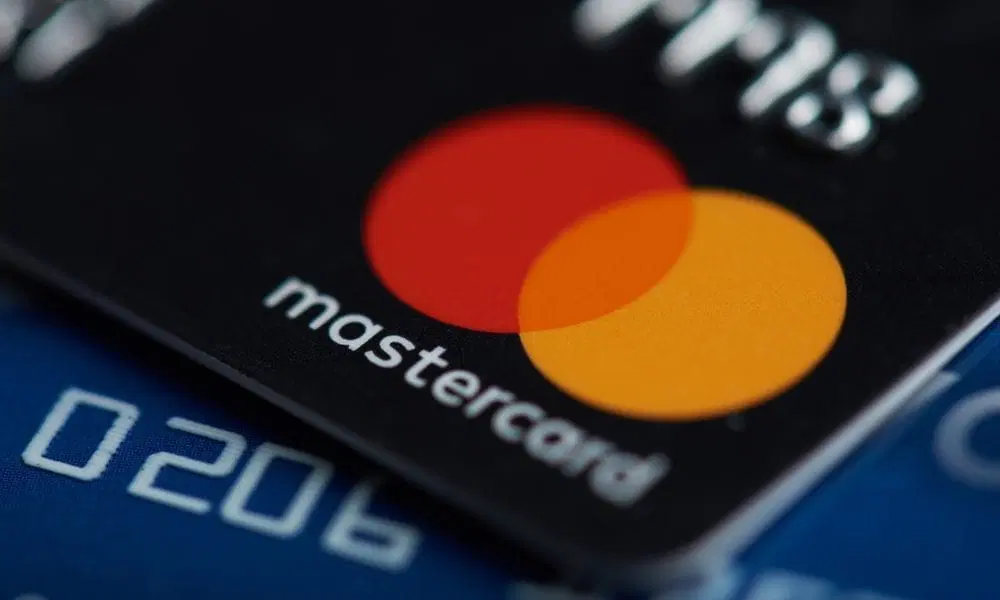The BRC-20 token market is experiencing a surge, with over 14,709 unique tokens using the standard and a total market value approaching $1 billion. Development efforts are underway to enhance features, making BRC-20 a potential competitor to established standards.

History of BRC-20:
BRC-20, launched by the anonymous developer Domo in March 2023, is an experimental fungible token. Unlike popular EVM blockchain standards, it doesn’t rely on smart contracts but allows users to store script files on Bitcoin. Despite being experimental, BRC-20 tokens have garnered significant interest in the Bitcoin community, demonstrating the power of open-source collaboration.
The inception of BRC-20 can be traced back to Bitcoin’s Taproot network update in November 2021. This update, led by Casey Rodarmor in January 2023, introduced the Ordinals protocol, allowing users to add information to individual Satoshis. Initially crafted for non-fungible Bitcoin tokens, the popularity soared as renowned NFT creators like Yuga Labs and DeGods released collections. However, the surge in Bitcoin wallet adoption led to network congestion and higher fees, sparking innovation that ultimately paved the way for the BRC-20 standard in March 2023.
How BRC-20 Tokens Work: Unraveling the Ordinals Protocol
Ordinals protocol facilitates the addition of extra data to Bitcoin blocks, turning Satoshis into data-encoded units with ordinal numbers. BRC-20 tokens, a specific type of these ordinals, always carry JSON data, providing additional functionality. Despite its limitations, this simple code empowers users to create, manage, and transfer tokens on the Bitcoin network.
Use Cases of BRC-20 Tokens:
While BRC-20 token development is still in its infancy, its potential applications are diverse:
- Decentralized Finance (DeFi): BRC-20 tokens can enhance DeFi in the Bitcoin network, enabling services like lending, borrowing, flash loans, and insurance.
- Crowdfunding: BRC-20 tokens can be utilized for IDO launchpads, raising funds for new projects on the Bitcoin network.
- Community Tokens: Organizing and maintaining communities for Bitcoin projects, such as PFP projects, can benefit from BRC-20 tokens.
- In-App Tokens: BRC-20 standard tokens can be integrated into marketplaces and games for transactions, governance, and rewards.
Drawbacks:
- Lack of Smart Contract Functionality: Missing the automation and transparency provided by smart contracts.
- Dependency on Bitcoin Blockchain: Facing challenges related to scalability and transaction speed.
- Interoperability Challenge: Difficulty in interaction with other blockchain systems.
- Limited Utility: Excelling in handling fungible assets but falling short for non-fungible assets.
BRC-20 has emerged as a pioneering force in the crypto space, bridging the strengths of Bitcoin with the flexibility of token standards. While it faces challenges, only time will unfold whether BRC-20 becomes a fundamental part of the industry or remains a transient trend, but its journey is undoubtedly one to watch with anticipation and curiosity.
Personal Note From MEXC Team
Check out our MEXC trading page and find out what we have to offer! There are also a ton of interesting articles to get you up to speed with the crypto world. Lastly, join our MEXC Creators project and share your opinion about everything crypto! Happy trading! Learn about interoperability now!
Join MEXC and Get up to $10,000 Bonus!
Sign Up


